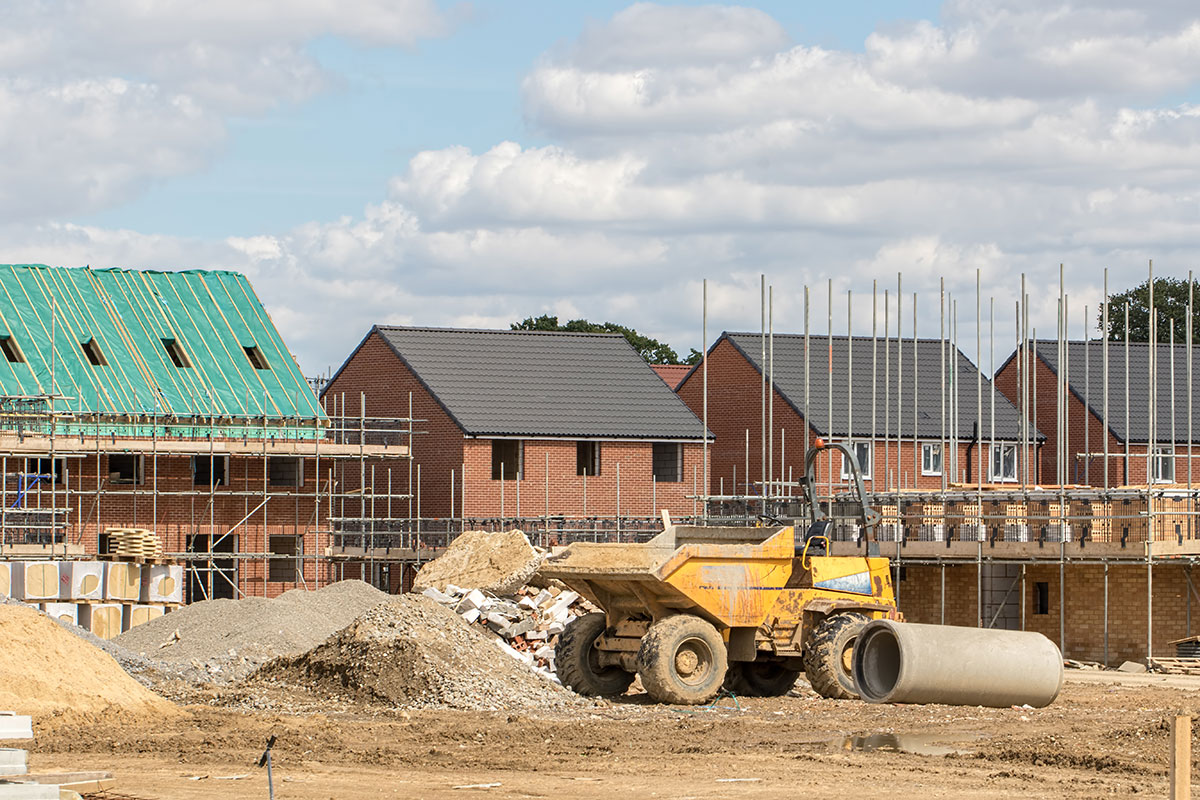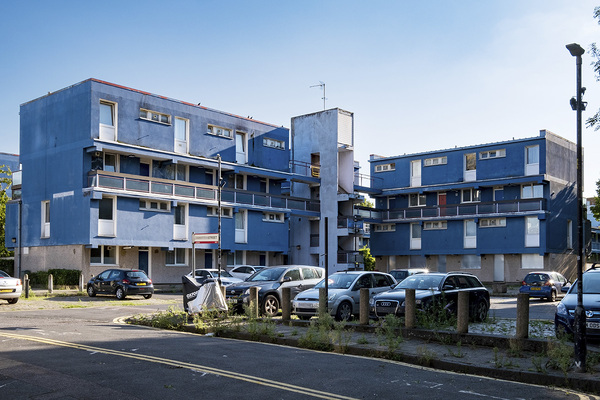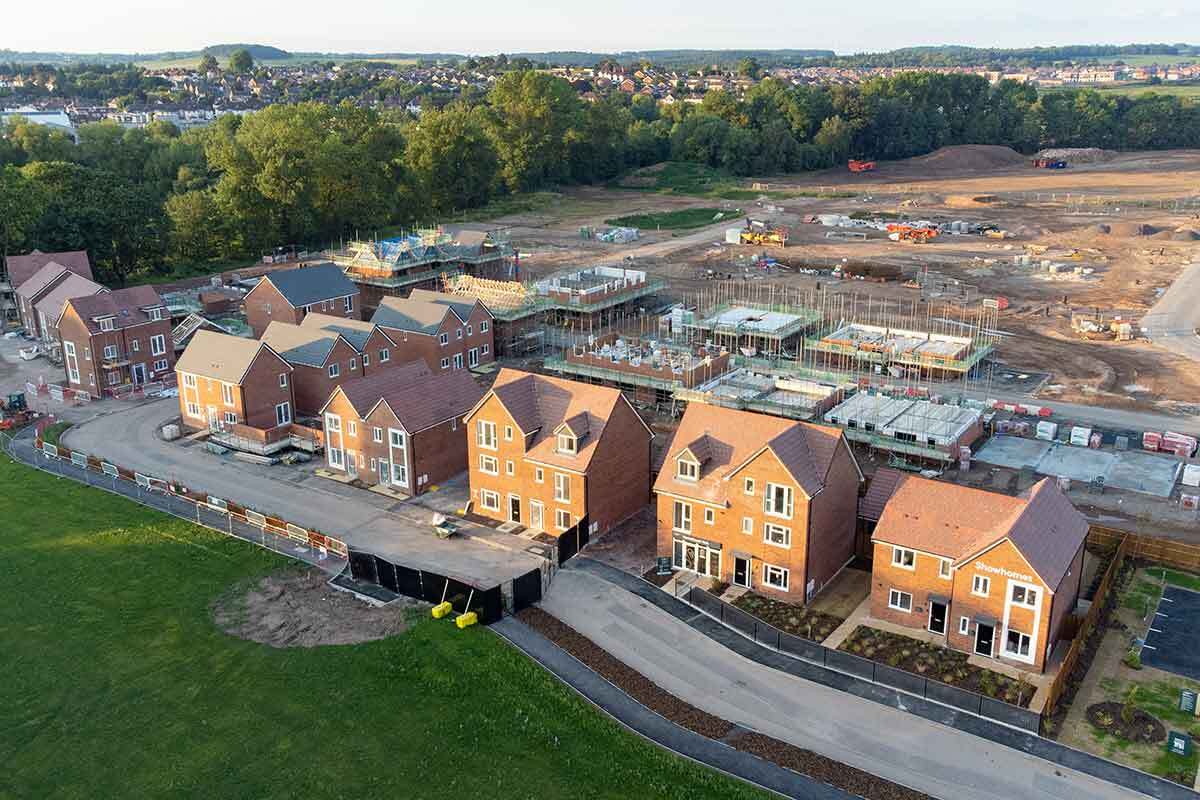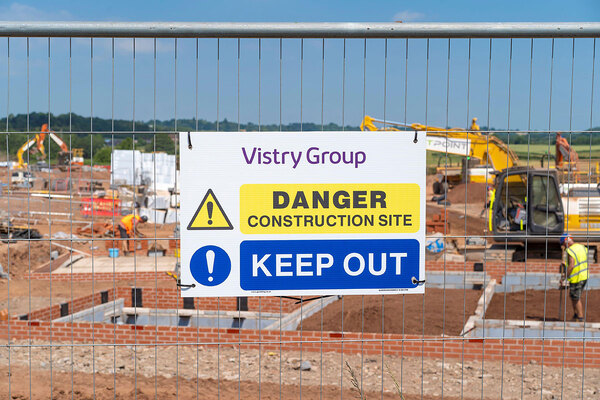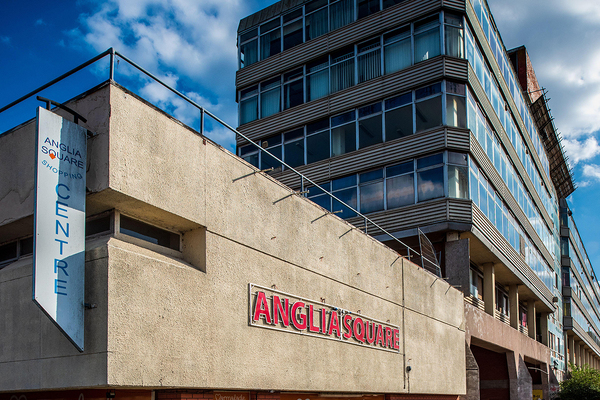You are viewing 1 of your 1 free articles
Social housing starts tumble by nearly a third as inflation hampers growth
The number of new social housing starts on site have slumped by nearly a third in a year amid rampant inflation, new industry data has shown.
Starts in the social housing sector in the three months to November were down 29% on 2021 levels and fell by a tenth on the previous period, according to industry tracker Glenigan.
The company’s review this month found the large drop-off in social homes commencing on site drove an overall decline in residential project starts which fell 1% on the previous three months.
Glenigan said the sector was battling with a “myriad” of external events, from the cost of living crisis to the ongoing fall-out from the government’s “misjudged” Mini Budget in September.
Project starts had been falling consistently through autumn, but “worsened” during the three months to November as soaring material, energy and fuel costs continue to hinder construction activity, the review found.
Main contract awards also weakened against the previous three-month period, as the fall-out from the Mini Budget halted economic growth and dented industry confidence, Glenigan said.
The organisation’s analysis found that at face value there were “modest signs” of improvement, as starts on site increased during the three months to November.
However, it warned that this growth was largely due to a significant increase in major projects of £100m or more and “scratching beneath the surface reveals a different picture altogether”.
Starts on lower-value project fell 11% against the preceding three-month period and 7% against 2021.
“The poor project-start performance in this category, which represents the majority of work undertaken in the UK, shows that as the year closes the construction sector still has far to travel on the road to recovery,” Glenigan said.
The non-residential sector has struggled, with hotel and leisure construction starts falling 30% against the preceding three months amid the cost of living crisis, and down 40% on 2021 levels.
Industrial construction starts fell 15% against the preceding three months and by a tenth compared with a year ago, while health and education project starts by plummeted 37% and 11% during the three months to November respectively.
Both also fell against the previous year, with health starts dropping 37% and education starts by 15%.
The review said that while high interest rates and inflation are likely to “further constrain” projects moving to site, a 5% rise in detailed planning approvals against the preceding three months which should help to turn the tide in the latter half of 2023.
Allan Wilen, economics director at Glenigan, said: “Unfortunately, this review highlights the construction industry is still struggling under the burden of myriad external events.
“As if the supply chain disruption and associated material, fuel and energy inflation weren’t enough, the government’s misjudged Mini Budget has accelerated the UK into recession. The effect that this will have on the residential market will be significant and it’s likely private and social developers will be approaching the first half of next year with trepidation.”
He said the industry can expect “slow progress” overall, which will prevent a quick recovery in project starts, but that there was evidence of a strong development pipeline with a small increase in planning approvals.
Mr Wilen added: “This should, hopefully, buoy the industry in the new year. Certainly, the Autumn Statement promised a focus on major infrastructure projects, which will hopefully start to be realised in the new year.”
Sign up for our development and finance newsletter
Already have an account? Click here to manage your newsletters
